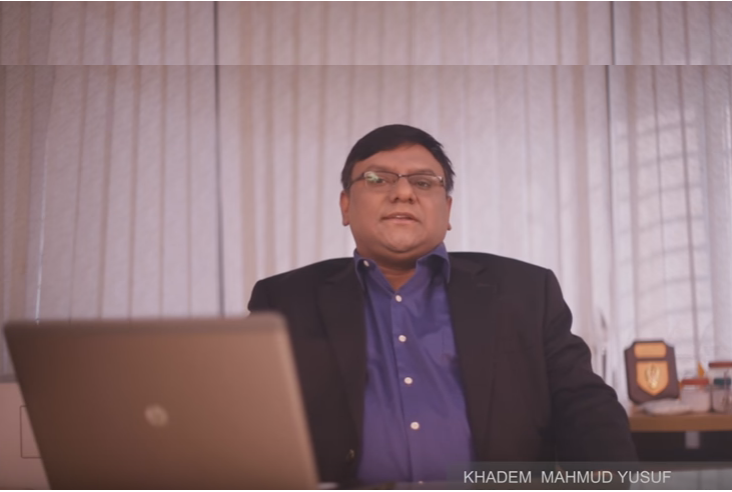
Khadem Mahmud Yusuf is the Co-founder of Bangladesh Petrochemical Limited. In an interview with Future Startup, Mr. Khadem Mahmud Yusuf explained his journey to founding BPCL and shared the lessons he has learned from his journey on entrepreneurship and life.
How and when BPCL came into being
After leaving Nokia-Siemens in 2011, I helped my now chairman of BPCL with managing a project at Eastern Refinery building Oil infrastructure.
He was operating a large project in association with Bangladesh Petroleum Corporation. He didn’t have a strong project management team and was having problems with managing the project. I am not an expert in managing projects but I know that it needs to be structured properly. I helped his team to put together a process for that.
While working on the project, I regularly visited the Eastern Refinery in Chittagong, only refinery in the country.
I observed a lot at that time and started to realize how important energy is. I found it very interesting and tried to dive deeper into the industry. That’s when I decided to do my next project on somewhere along the line of energy and part of the idea of BPCL came when I was working on the project.
Luckily, Eastern Refinery’s GM approached me at that time and told me about one of their byproducts called Naphtha. They used to export it to Singapore because we could not use it in Bangladesh.
They told me that we could do 2 different projects with this byproduct. We could either turn it into petroleum or use it as a raw material to produce water bottles, polyester clothes, etc. But we realized that the market for PET in Bangladesh was not big enough to build a large petrochemical plant. Our assessment indicated such a plant would cost around 7000 million BDT, as well as the further development of Chittagong Port as the material is highly flammable.
At that time, I also did some research and came to know that PET was being produced in Europe through a reverse process. Italy, Germany, and Austria were producing PET from waste bottles. So, in August or September 2012, I went on a trip to Austria where I visited 2 plants and talked to 2 vendors. Then, I went to visit 1 plant in Italy and 2 other plants in Germany. It fascinated me very much.
When I returned to Bangladesh, I conducted research to understand what’s happening around it in Bangladesh. The research further revealed that the wasted bottles were being exported to China. And in return, China used to send PET resin back to Bangladesh.
The Daily Prothom Alo featured an article on this titled ‘Felna Botoler Chin Zatra’ (Wasted Bottles’ Journey to China). That’s when I finally designed a business plan to use these bottles in our country in 2013 and BPCL came to exist.
Overcoming doubts and getting started
Everyone was quite skeptical at first. But I was lucky that my investors were convinced and jumped on board. They trusted me. One of them gave me land and asked for equity in return. Another provided funding. So, I started with around BDT 30 million external cash investment, BDT 60 million worth of land and around BDT 7 million from my savings.
At that time, we also got in touch with SEAF, a VC firm. They did the valuation. The results were good and we got a 22.65% premium at the seed stage. Our existing investors accepted it. Later, DEFTA Partners from San Francisco, USA approached and expressed their interest in investing in. At that point, SEAF decided not to move forward with us.
We took a loan of BDT 250 million from Islami Bank putting the land up as collateral. It was later increased to BDT 280 million. As we’ve been able to build it as an environmentally friendly company, IDCOL decided to increase the investment from 280 million to 550 million BDT last year.
[FS_CUSTOM_2]
The story is an excerpt from our interview Mr. Yusuf originally published in 2017. Read our collection of coverage of BPCL here.
